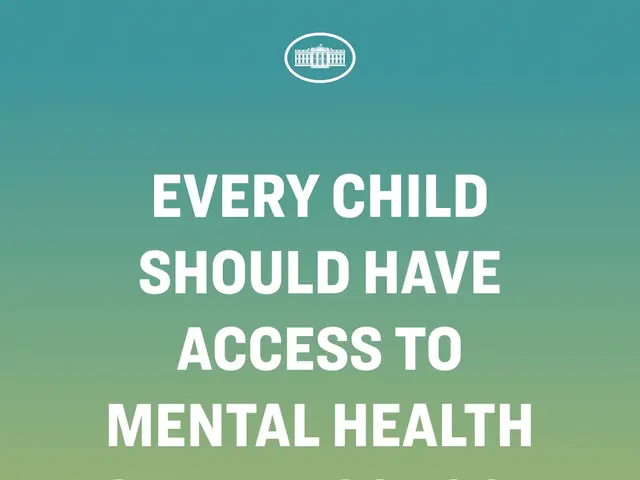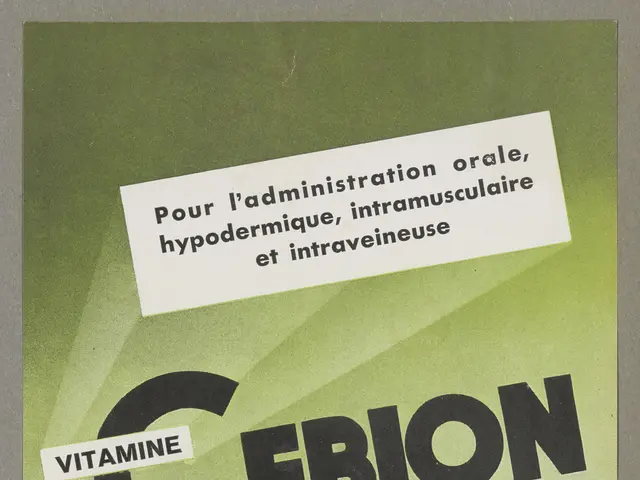Discoveried: A Straightforward Method to Eradicate Depression by Scientists
Coping with Crisis: The Power of Social Connections
Facing a crisis, be it economic, social, or personal, can put immense strain on people's psychological well-being. But a recent sociological study by the Higher School of Economics reveals an interesting finding: some individuals handle stress better than others.
According to reports by Mail.ru, people who feel more integrated within society generally perform better when dealing with psychological challenges. These individuals often resort to active coping strategies, such as finding meaning in the situation and seeking spiritual comfort. Notably, a strong civic identity didn't necessarily lower depression levels, but it did help people manage their current problems more effectively.
The study, featuring 384 Russian participants aged 18 to 54 from various regions, aimed to understand how people cope with difficulties. The research covered various aspects, including reinterpreting events, seeking religious guidance, and leaning on family and social services for support.
An interesting observation was that collective actions and discussions with loved ones are fundamental. People who had close ties to family and society opted for passive strategies less frequently, indicating the significance of collective care in Russian culture.
Sociological research, backed by this study and others, suggests that strong social connections play a vital role in helping individuals navigate crisis situations. These bonds offer both emotional support (such as empathy and encouragement) and instrumental support (practical help and resources), cushioning the impact of stress.
Studies reveal that individuals with robust social networks are often more resilient, drawing upon the experiences and support of others to endure hardships and bounce back stronger. The notion of social capital—encompassing strong in-group ties and bridging connections across social divides—is also crucial. In-group ties provide immediate emotional security, while bridging social capital offers access to broader information and resources, facilitating adaptation and recovery.
Community-based interventions that focus on social connections and addressing underlying social determinants have proven effective in supporting mental health during crises, particularly in marginalized communities.
While the specific HSE study does not directly address a direct relationship between social connection and psychological coping, the broader consensus in sociological research is that strong social connections are advantageous for dealing with psychological challenges during crises by offering support, enhancing resilience, and granting access to essential resources.
Join our community to stay updated on the latest news and events! Follow us on our Telegram channel.
Connect with us now!
- Engaging in health-and-wellness practices, including mental health management, is significantly boosted by strong social connections, as they offer emotional support, encouragement, and practical resources during times of crisis.
- The science of sociology emphasizes the importance of mental health in coping with crises, suggesting that individuals possessing strong social networks are likely to be more resilient, given the emotional support and access to resources they provide.






